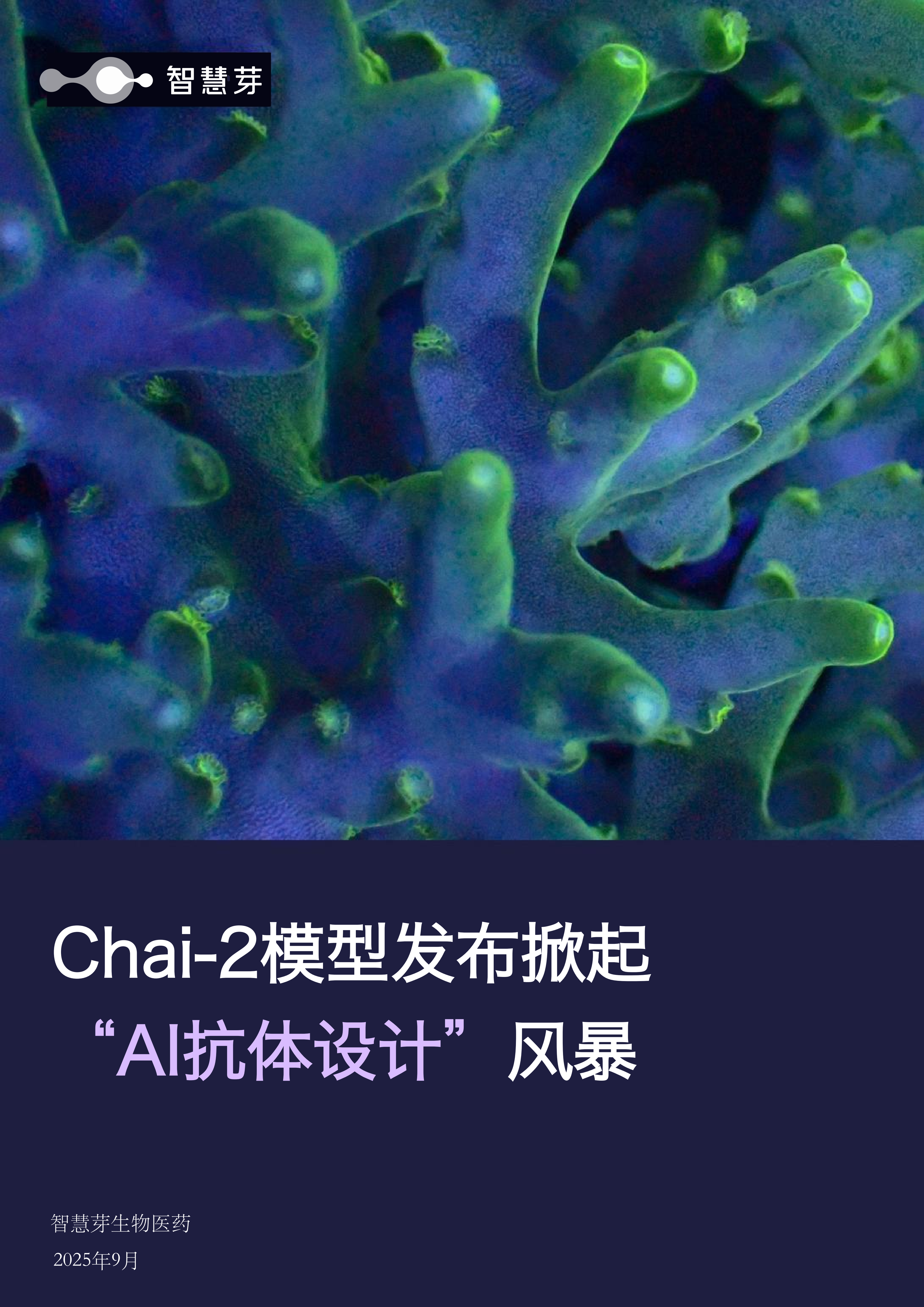预约演示
Sumitomo, Otsuka’s Schizophrenia Candidate Fails Phase III Trials
临床2期临床3期突破性疗法申请上市临床结果
Pictured: Woman in mental anguish/iStock, Marina Demeshko
Sumitomo Pharma and Otsuka Pharmaceutical announced Monday that two Phase III studies of ulotaront failed to meet primary endpoints for acutely psychotic adults living with schizophrenia.
The studies, DIAMOND 1 and DIAMOND 2, pitted the trace amine-associated receptor 1 (TAAR1) agonist against a placebo. After six weeks, the studies showed improvement on the Positive and Negative Syndrome Scale (PANSS), but results were not superior to placebo.
A “large placebo effect” was present in both studies “which may have masked the molecule’s therapeutic effect,” according to the press release.
While placebo responses are frequently higher in psychiatric studies, Sumitomo CEO Hiroshi Nomura pointed to COVID-19 as a potential culprit for the high placebo effect as the studies were conducted throughout the pandemic.
The molecule was part of a four-compound deal forged between Otsuka and Sunovion, a subsidiary of Sumitomo, nearly two years ago. The former made an upfront payment of $270 million to the latter with another $620 million on the line in milestone payments.
Ulotaront is also in Phase II/III clinical studies as an adjunctive treatment for major depressive disorder as well as generalized anxiety disorder. Another asset from the deal, SEP-4199, is in a Phase III study for bipolar I depression.
The TAAR1 agonist was safe and well-tolerated in both schizophrenia studies. The companies plan to further analyze the data and discuss next steps with the FDA, who had already granted Breakthrough Therapy Designation to ulotaront for a schizophrenia indication.
Hopes had been high for ulotaront for its potential to treat both the positive psychosis symptoms in addition to the elusive negative symptoms of schizophrenia. Negative symptoms essentially zap patients of their motivation and zeal for life, affecting their ability to function normally.
Recently, Roche had to axe a second Phase II trial of its investigational schizophrenia drug ralmitaront, leaving the future of its program uncertain.
“In a preliminary analysis, the primary endpoint was negative, and ongoing portions of the study have therefore been discontinued,” said an update on the second Phase II trial posted to the ClinicalTrials.gov website.
Karuna Therapeutics’ combination drug, KarXT, appears to treat both positive and negative symptoms of schizophrenia. It has not been specifically tested for negative symptoms. Since the drug is a non-dopamine D2 receptor antagonistdopamine D2 receptor antagonist, it does not cause many of the typical side effects of schizophrenia medicines like sedation and weight gain.
An NDA is anticipated for the investigational M1/M4-preferring muscarinic agonist by the middle of this year. If approved, KarXT will be the first new class of drug for schizophrenia in over 50 years.
Sumitomo Pharma’s stock dropped about 10% in Monday trading on the news.
Kate Goodwin is a freelance life science writer based in Des Moines, Iowa. She can be reached at kate.goodwin@biospace.com and on LinkedIn.
更多内容,请访问原始网站
文中所述内容并不反映新药情报库及其所属公司任何意见及观点,如有版权侵扰或错误之处,请及时联系我们,我们会在24小时内配合处理。
生物医药百科问答
全新生物医药AI Agent 覆盖科研全链路,让突破性发现快人一步
立即开始免费试用!
智慧芽新药情报库是智慧芽专为生命科学人士构建的基于AI的创新药情报平台,助您全方位提升您的研发与决策效率。
立即开始数据试用!
智慧芽新药库数据也通过智慧芽数据服务平台,以API或者数据包形式对外开放,助您更加充分利用智慧芽新药情报信息。




